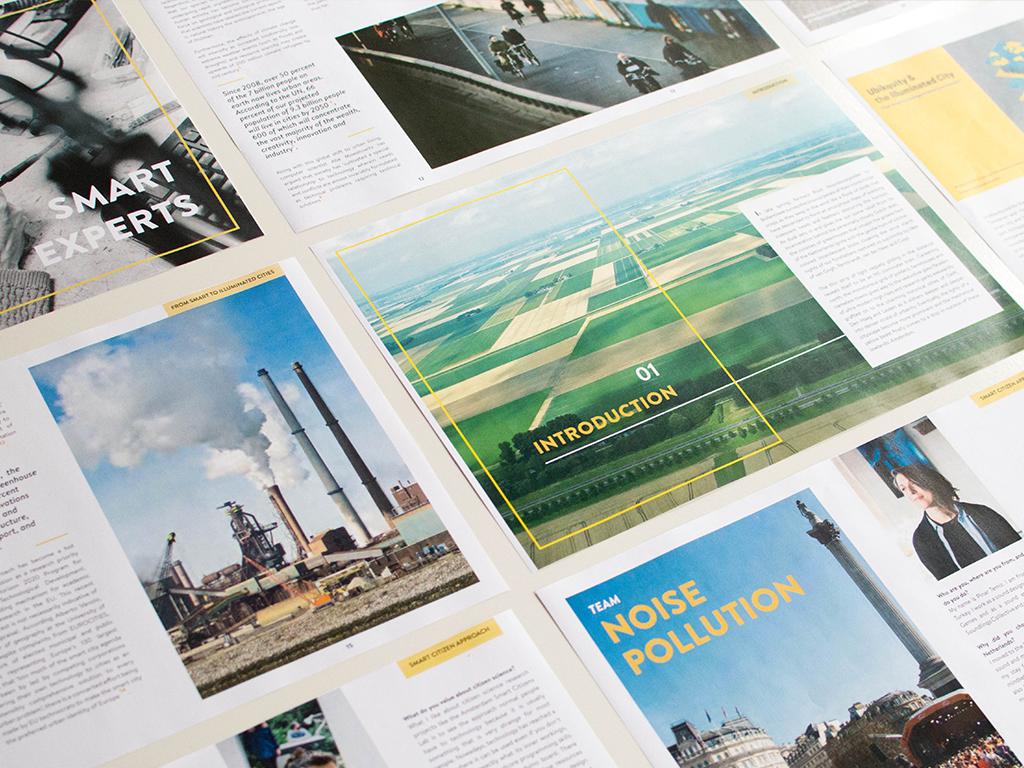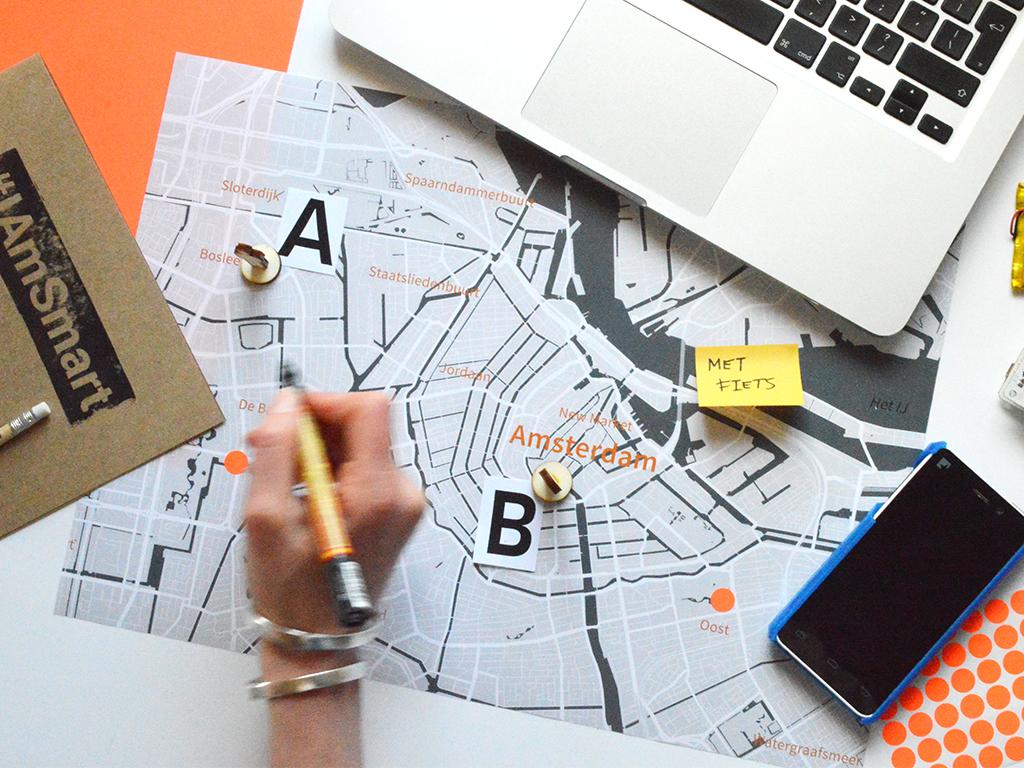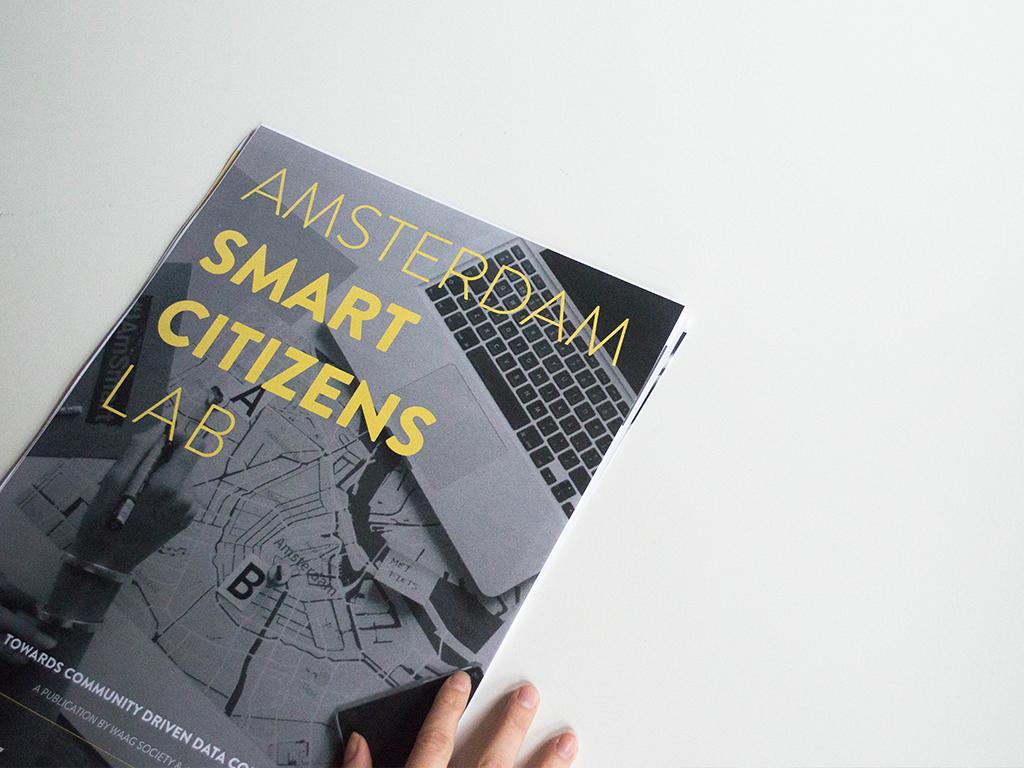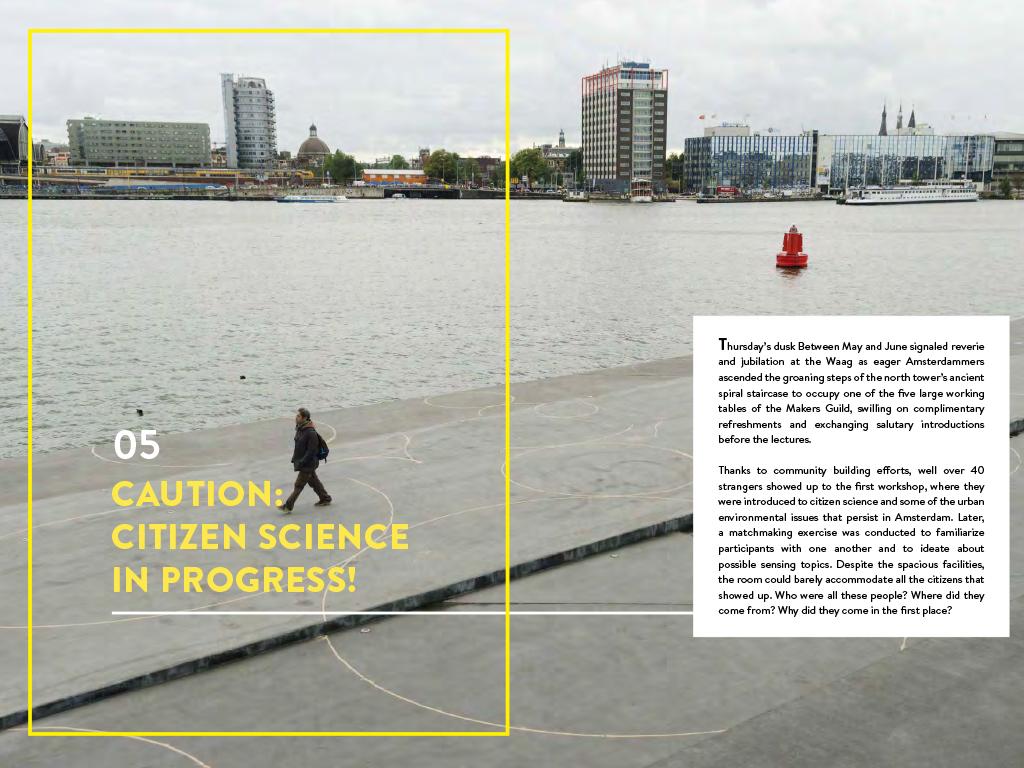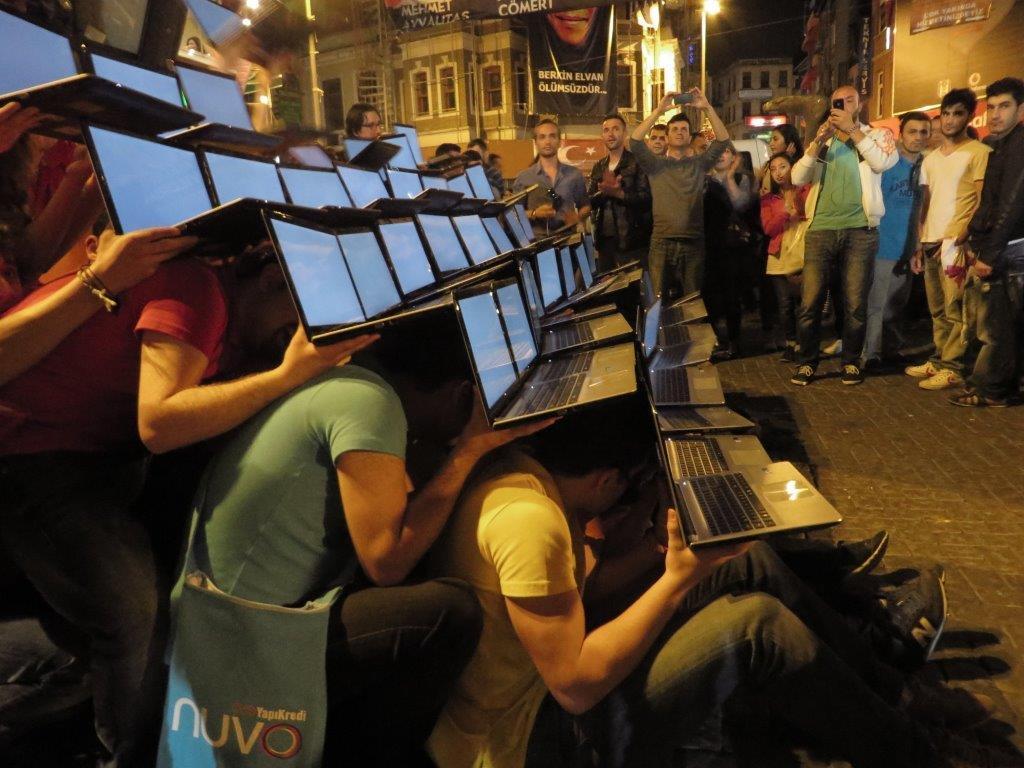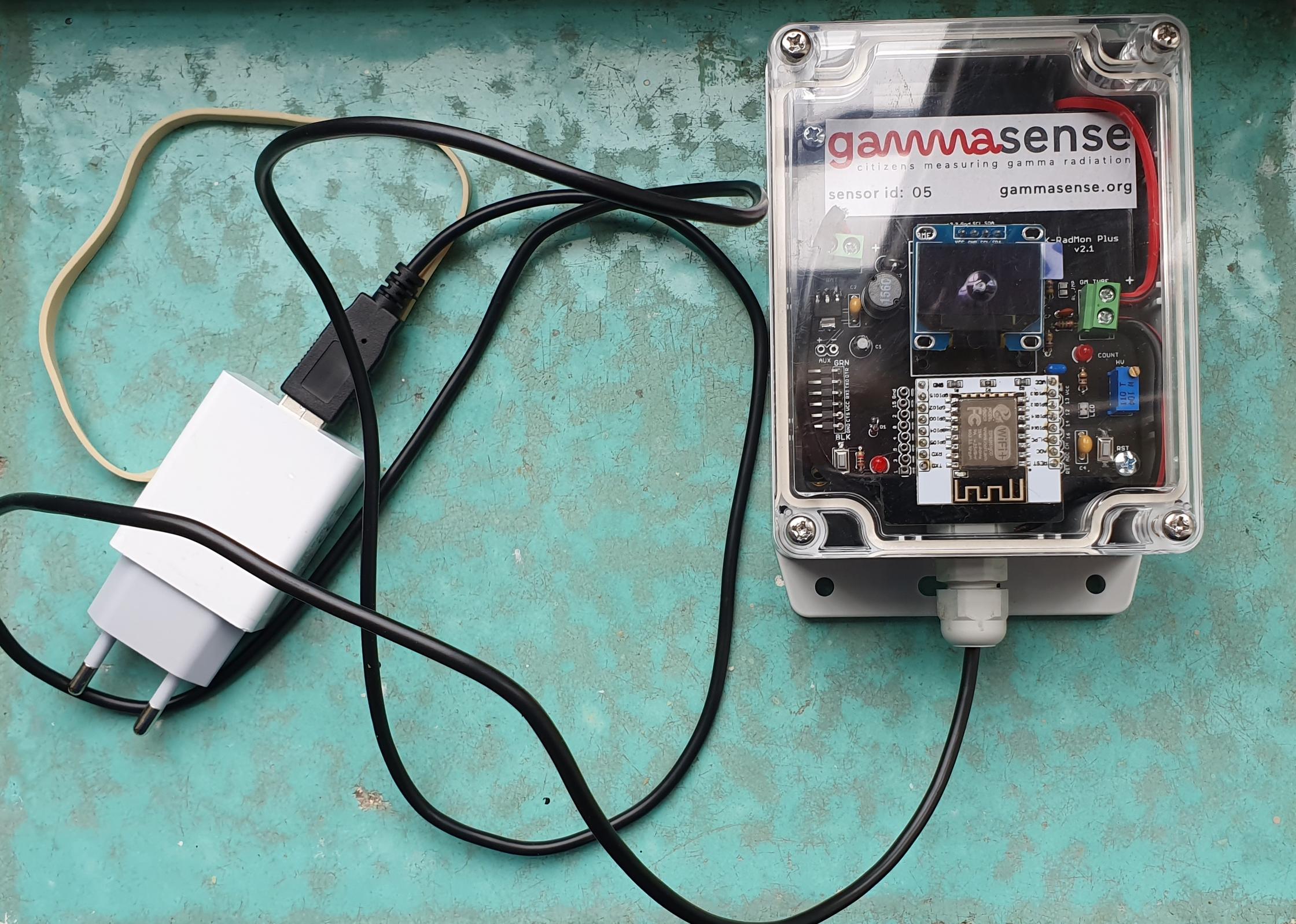After a successful completion of a pilot project within the Amsterdam Smart Citizen Lab, we put together an extensive publication, titled 'Amsterdam Smart Citizen Lab: Towards community driven data design', in cooperation with AMS Institute and author Laurence Rodriquez.
The publication illustrates the experiment during which over fifty participants (including scientists, designers and citizens) mapped the world around them using cheap, open-source technology. In this publication, we share the whole process from beginning to end, from our own perspective as well as from those of the participants. We hope not only to inspire others, but also to learn from our mistakes and improve.
The publication is available for download as a pdf.
Background
More and more people are living in urban areas, and their health and well-being are highly dependent on the quality of the environment. As a result, measuring things like air, soil, water and noise pollution is becoming increasingly important. In the Smart Citizen Lab, we explored tools and applications that allow citizens to monitor these environmental factors themselves. What can we measure? What's the best way to measure it? And, perhaps most importantly, how we use the knowledge we've gathered to make Amsterdam a healthier place?
“The questions in the lab were as diverse as the pilot participants,” says Frank Kresin, Waag's research director. “The entire process ensures that residents of Amsterdam are better informed and feel more involved in their city. Later, they can hold a conversation on equal footing with the government and its agencies—even if they don't agree on everything.”
In addition to hardware experts from our own FabLab, RIVM was also closely involved in the pilot project, providing the necessary support for participants. They discussed the capabilities, impact, and relevance of the self-measuring citizen. They also complemented these discussions with specific knowledge about sensors, measurement strategies, visualization, and other technical issues relevant to our experiments.
What's next?
Following the success of this one-year pilot, Amsterdam Smart Citizen Lab, we're opening a new chapter: Making Sense. This new project will follow the same bottom-up, citizen science approach, but will expand to other European cities and will include partners like Arduino and FabLab Barcelona. One plan we have will be to develop a toolkit, so other cities can get started with setting up their own Smart Citizen Lab. The ultimate aim? Clean, healthy, and liveable cities worldwide.
